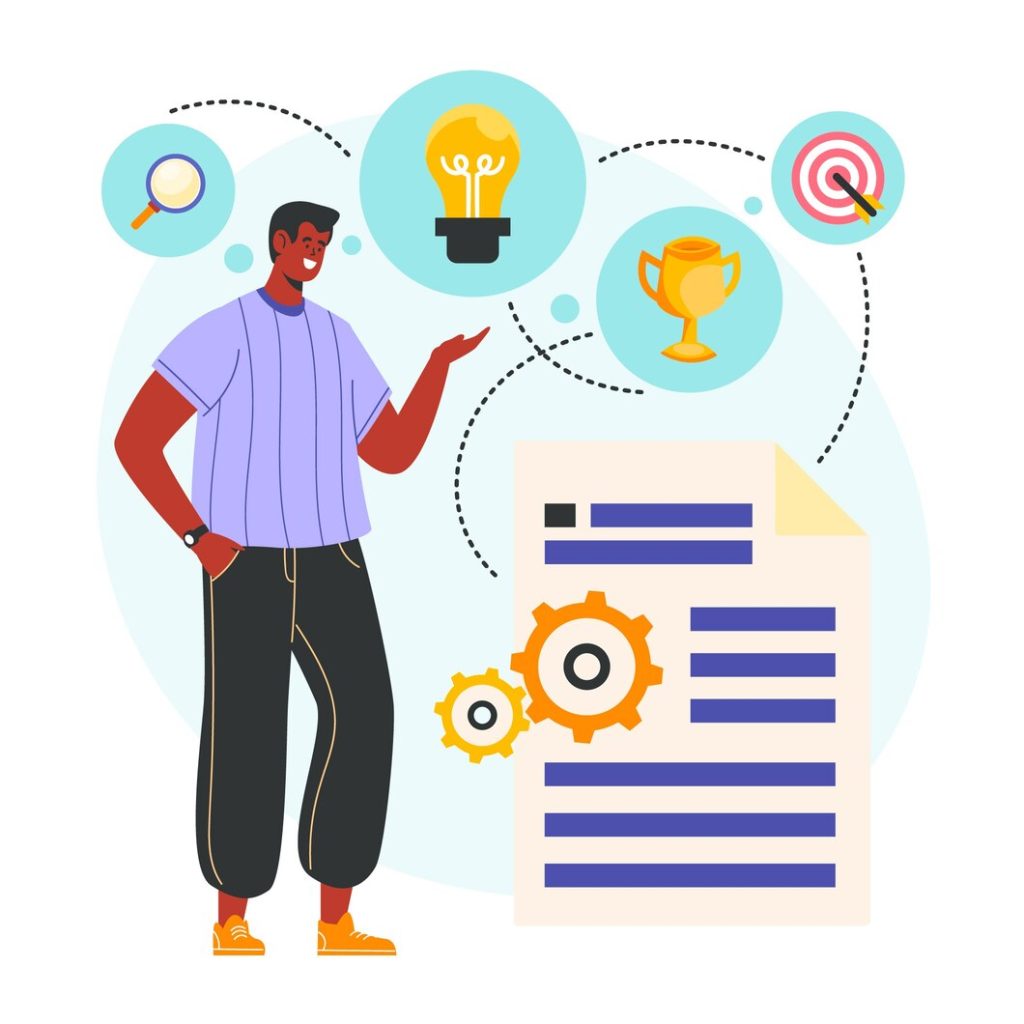As workplaces evolve, the demand for soft skills in 2025 is stronger than ever. Employers now expect candidates to excel not just in technical knowledge but also in communication, leadership, adaptability, and teamwork. These attributes, often called soft skills, are no longer “nice to have” — they are career necessities.

In 2025, measuring soft skills will become a central part of hiring, training, and promotion processes. From LinkedIn recruiters to engineering managers, everyone is seeking concrete answers to the question: “How can we test and evaluate these intangible abilities?”
Visit us >>>https://www.impacteers.com/home/skillassessment
That’s where structured skill assessment tests come in — and platforms like Impacteers skill assessment are helping organizations measure these abilities with precision, ensuring the right people are in the right roles.
Why Measuring Soft Skills Matters in 2025
Soft skills like communication, teamwork, and problem-solving aren’t easy to quantify, yet they directly influence productivity, innovation, and workplace harmony. In 2025, organizations will continue to face challenges such as hybrid work environments, rapid technological change, and diverse, global teams.
By testing and evaluating soft skills, employers can:
- Hire better – selecting candidates who not only have technical expertise but also the interpersonal skills to succeed.
- Develop talent – identifying areas for improvement and creating targeted training programs.
- Improve team dynamics – ensuring employees can collaborate, manage conflict, and adapt to change.
Top Soft Skills You Can and Should Measure in 2025
Below are the most critical soft skills worth testing this year, along with practical ways to assess them.
1. Communication Skills
Whether you’re in engineering, marketing, or management, the ability to communicate ideas clearly is crucial. This includes verbal, written, and non-verbal communication.
How to Test:
- Role-playing scenarios
- Written assessment tests
- Presentation tasks
On platforms like LinkedIn, recruiters now frequently scan for communication keywords and look for clear, concise messages in applications.
2. Time Management
In an era of constant distractions, managing your time effectively is a core skill. It’s not just about working faster — it’s about prioritizing and focusing on the right tasks.
How to Test:
- Simulated project deadlines
- Prioritization exercises
- Self-assessment questionnaires
3. Problem-Solving and Critical Thinking
Businesses need people who can think through complex situations, analyze problems, and come up with solutions. This is especially true in engineering, where the wrong decision can have huge consequences.
How to Test:
- Case study analysis
- Situational judgment tests
- Group problem-solving activities
4. Adaptability and Flexibility
With AI advancements and rapidly changing processes, the ability to adapt quickly is a must-have skill.
How to Test:
- Scenario-based assessments
- Role-swapping exercises
- Real-time process change simulations
5. Emotional Intelligence (EQ)
EQ is the ability to understand and manage your own emotions while also recognizing and influencing others’ emotions. This skill plays a big role in leadership and teamwork.
How to Test:
- 360-degree feedback assessments
- Emotional response scenarios
- Empathy-based interview questions
6. Teamwork and Collaboration
No matter how talented someone is, if they can’t work with others, they’ll struggle in most roles. This is why team-based skill assessments are becoming more common in hiring processes.
How to Test:
- Group exercises
- Team-building simulations
- Peer reviews
7. Leadership Potential
Leadership isn’t just for managers — organizations are looking for employees who can take initiative and guide others, even without a formal title.
How to Test:
- Leadership role-play exercises
- Conflict resolution tests
- Decision-making assessments
8. Conflict Resolution Skills
Disagreements happen in every workplace. What matters is how you handle them. The ability to resolve conflicts fairly and quickly can save organizations time, money, and stress.
How to Test:
- Mediation simulations
- Behavioral interview questions
- Negotiation role plays
9. Creativity and Innovation
Engineering, design, marketing — all benefit from fresh ideas. Creativity isn’t just about thinking differently, but also about turning ideas into actionable solutions.
How to Test:
- Brainstorming challenges
- Creative project assignments
- Open-ended problem-solving tasks
10. Self-Management
In remote and hybrid work settings, employees must take responsibility for their own productivity and results.
How to Test:
- Daily routine planning
- Goal-setting exercises
- Self-reporting on project milestones

The Process of Measuring Soft Skills Effectively
Assessing soft skills requires more than a quick quiz. The process should be structured, fair, and consistent across candidates or employees. A well-designed skill assessment test typically involves:
- Defining the soft skills relevant to the role.
- Selecting the right testing methods (e.g., role plays, written tests, group tasks).
- Evaluating results using clear scoring criteria.
- Providing feedback to guide development.
Impacteers skill assessment follows this process, offering organizations a way to test, measure, and improve essential soft skills with practical, real-world scenarios rather than generic questionnaires.
Integrating Soft Skills into Hiring and Development
Forward-thinking companies don’t just test soft skills during recruitment; they track and develop them continuously. Tools like LinkedIn Talent Insights make it easier to spot skills gaps, while targeted training programs help employees grow.
A good skill assessment platform can integrate with your existing HR process, offering ongoing measurement so employees can see their progress over time — and organizations can ensure they’re building resilient, capable teams.
Learn More >>> https://blog.impacteers.com
About Us >>> https://www.impacteers.com
Frequently Asked Questions (FAQs)
1. Why are soft skills so important in 2025?
Soft skills like communication, problem-solving, and time management are vital for collaboration, adaptability, and innovation. In 2025’s evolving workplace, these skills are as important as technical abilities.
2. Can you really measure soft skills?
Yes, through structured skill assessment tests, role-playing exercises, case studies, and behavioral interviews, you can effectively evaluate soft skills.
3. What’s the difference between hard skills and soft skills?
Hard skills are technical abilities (like coding or engineering), while soft skills are interpersonal and behavioral abilities (like communication or self-management).
4. How do platforms like Impacteers skill assessment help?
Impacteers skill assessment provides structured, real-world testing scenarios that measure critical soft skills, helping organizations make informed hiring and training decisions.
5. How often should employees be tested for soft skills?
Ideally, soft skill assessments should be conducted during hiring and then periodically — every 6–12 months — to track development and address skill gaps.



Post Comment